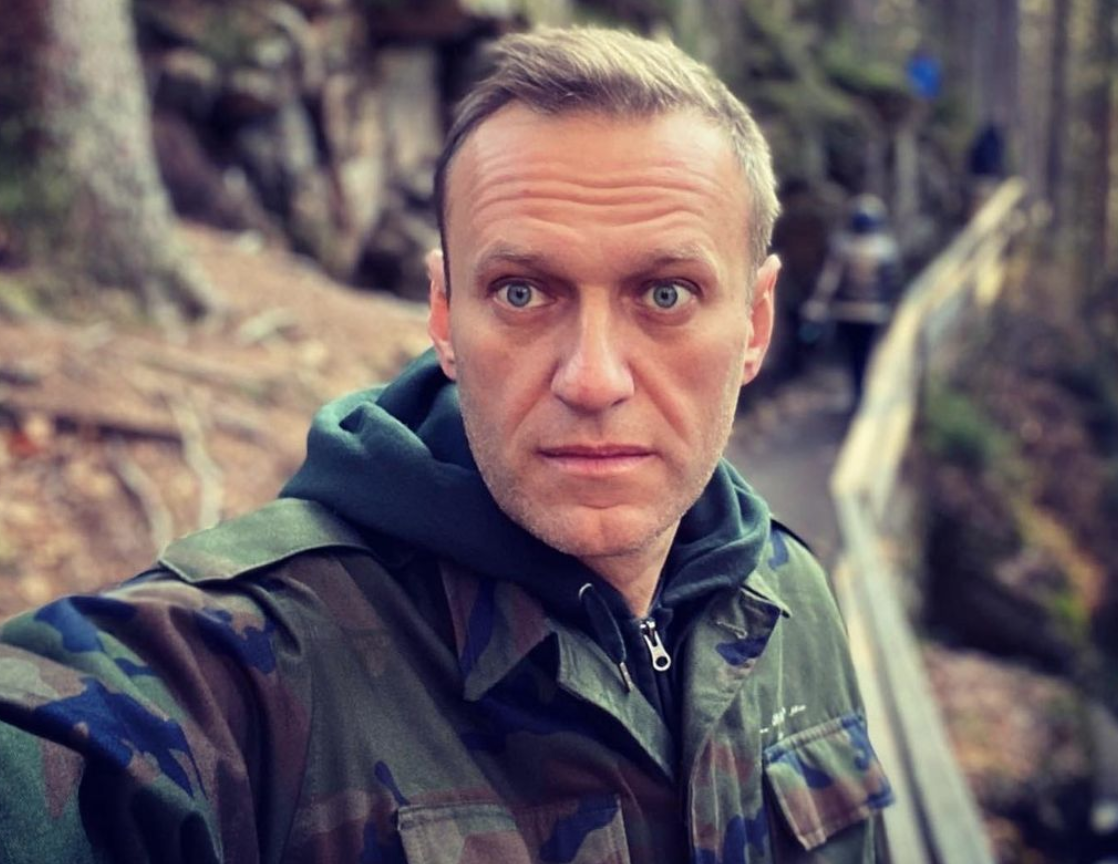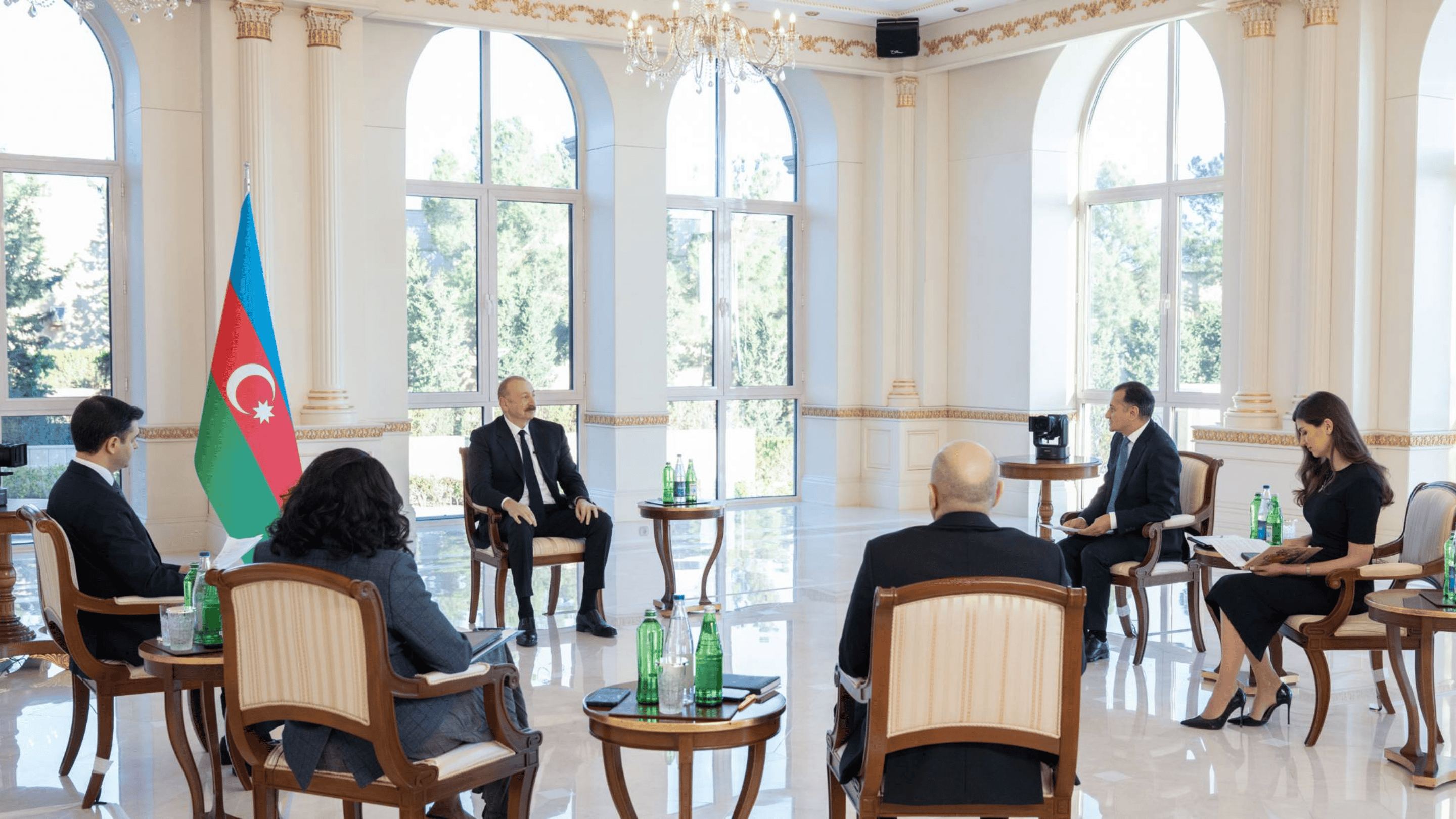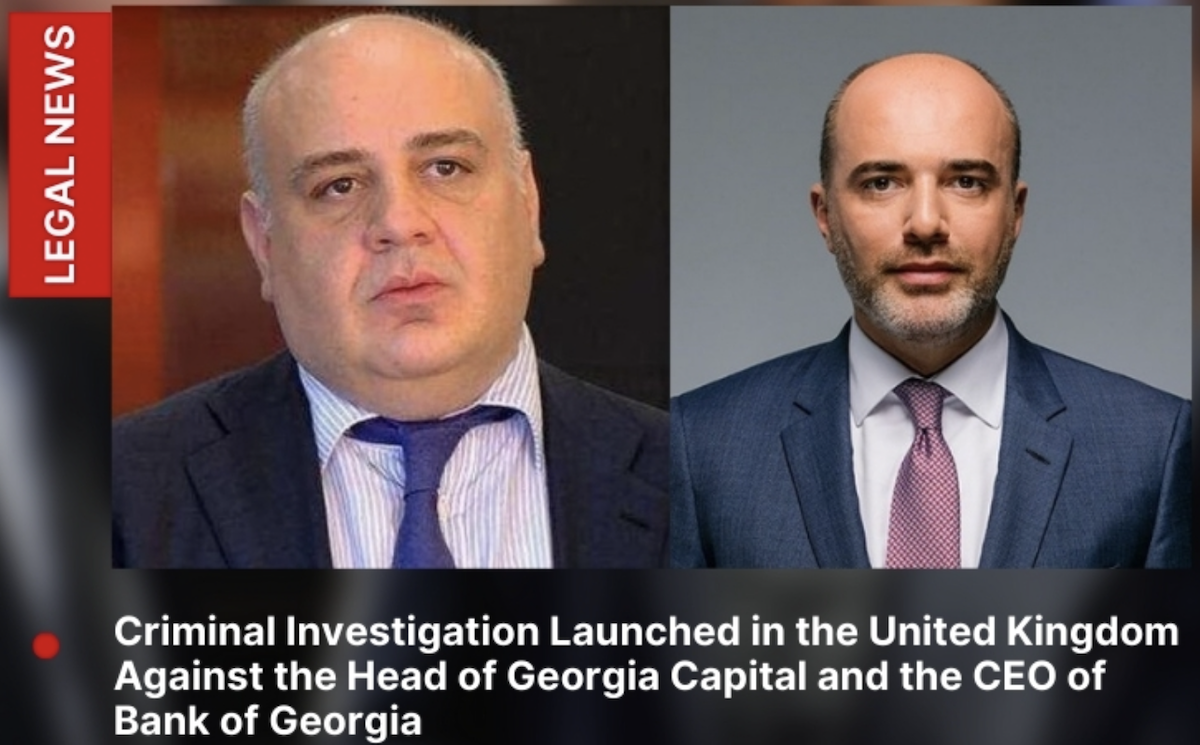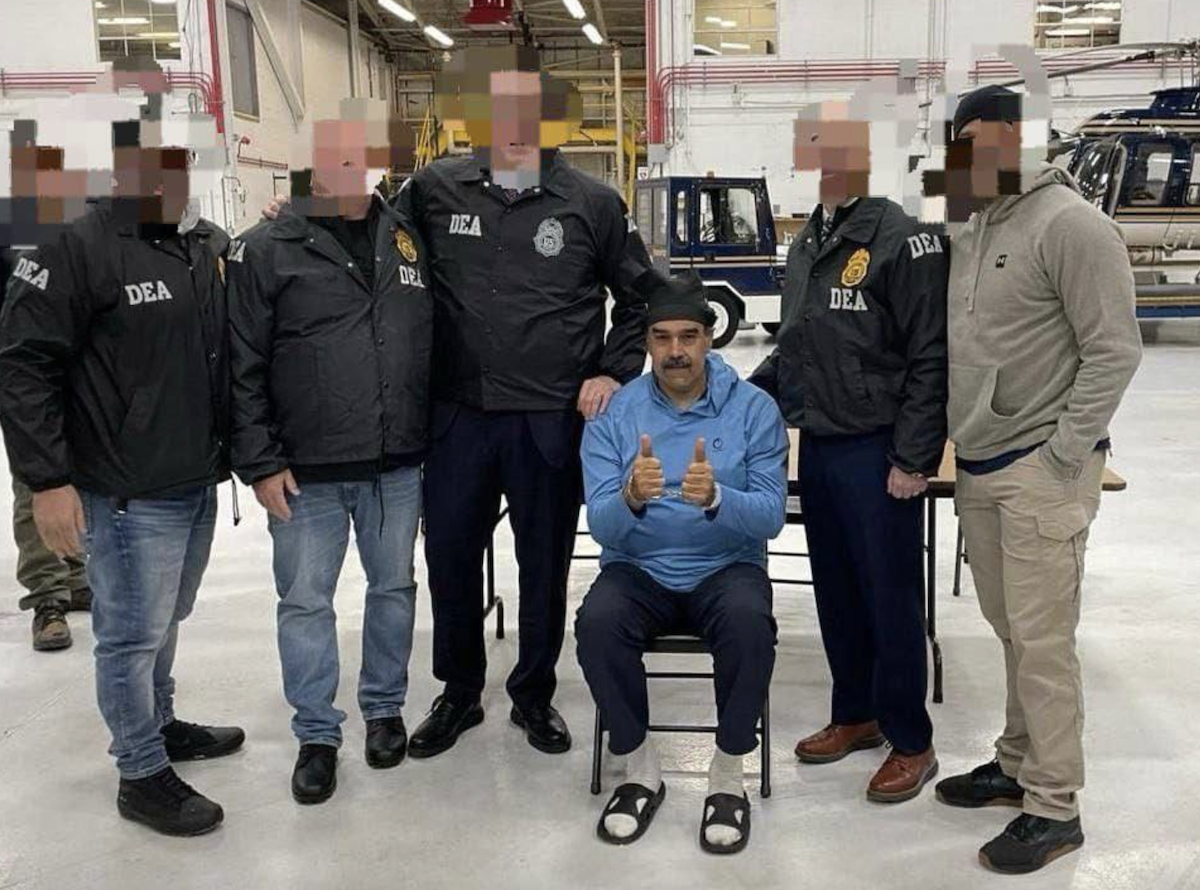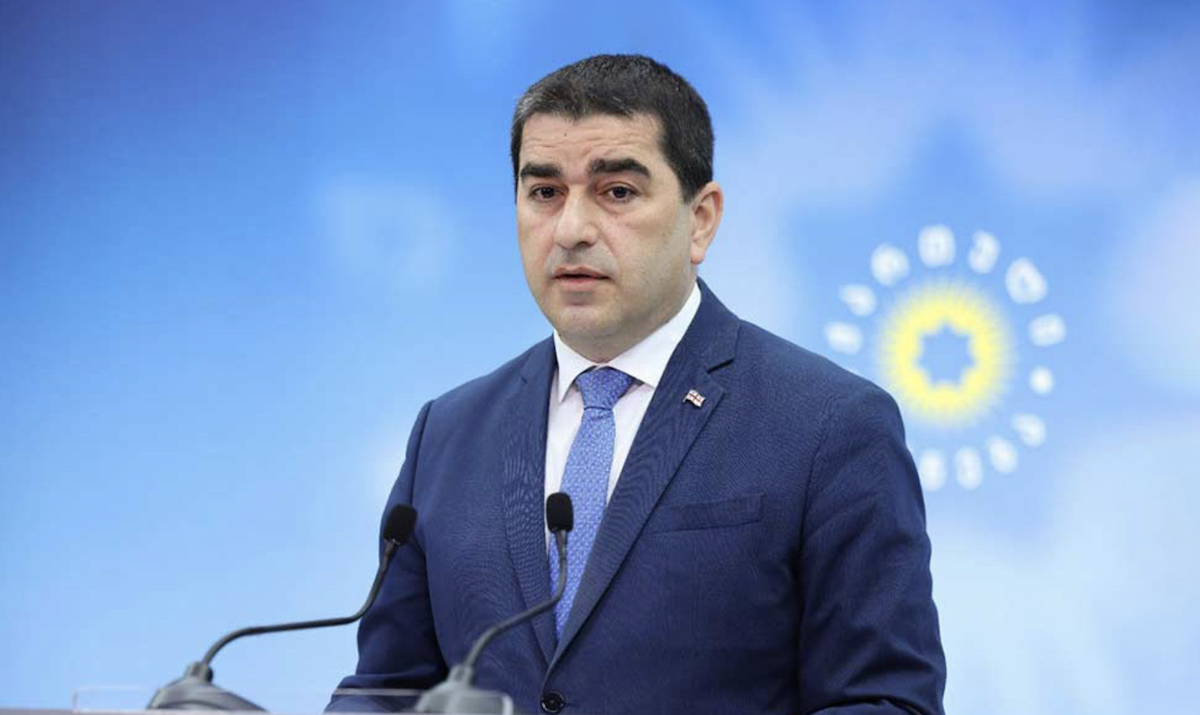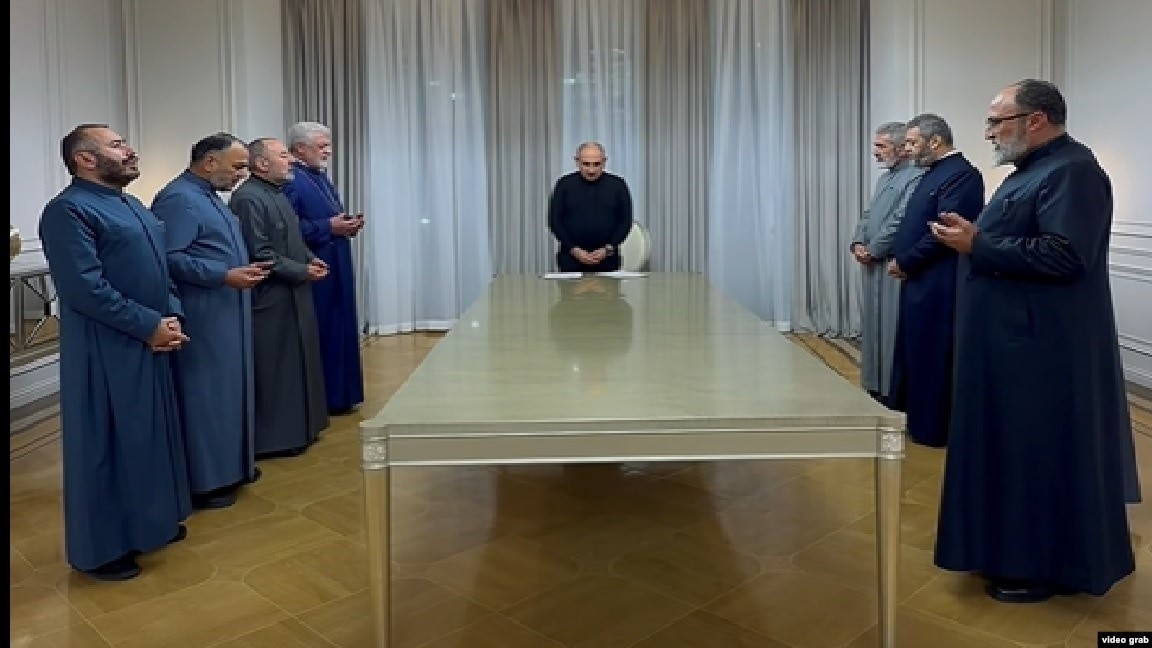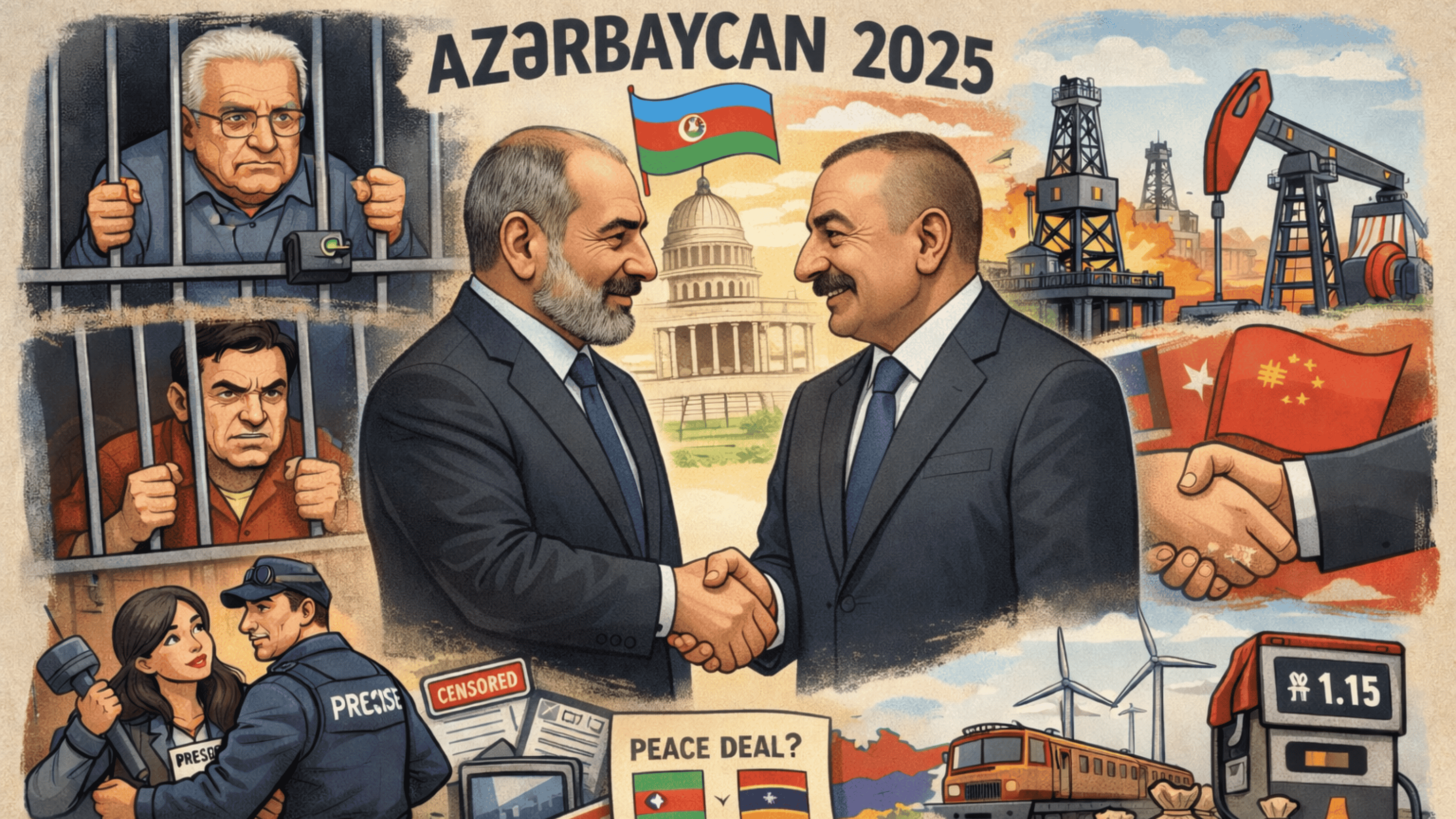Why is President Putin afraid of Russian opposition leader Navalny?
“I’m not afraid,” Russian opposition politician Alexei Navalny managed to declare at the airport immediately after returning to Russia, and before he was arrested.
After a failed attempt on his life, Navalny has become dangerous to the Russian authorities and poses a direct threat to President Putin, analysts in Russia say.
Alexey Navalny was detained on the evening of January 17 at the Moscow Sheremetyevo airport. He returned home accompanied by his wife, associates and dozens of journalists from Germany, where he had been undergoing treatment after being poisoned by the Novichok nerve agent. He accuses the Russian authorities of having poisoned him.
Navalny was detained by the police right in the passport control zone. His lawyer, who accompanied the politician on his way from Berlin, was not allowed to see him.
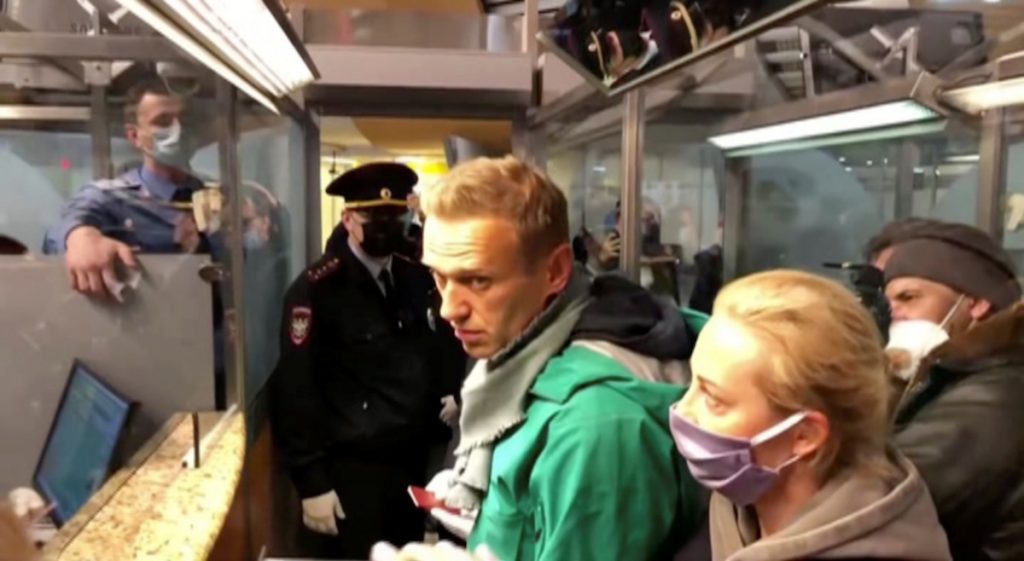
As it became known later, the official reason for his detention was an alleged parole violation from the so-called Yves Rocher case. In particular, while undergoing treatment in Germany, he was not registered with the Russian department for the enforcement of corrections.
Navalny’s lawyers consider the arrest of the politician unreasonable.
- How Russia’s main opposition figure created a media empire on social media
- What is to be expected from RF President Navalny?
How the authorities prepared to meet Navalny
Navalny announced his return to his homeland a few days before, saying he had bought tickets for an evening flight on January 17.
Thousands of his supporters arrived at Moscow’s Vnukovo airport to meet the politician. The authorities mobilized the police, which first tried to prevent those who met Navalny from entering the airport building, and then began to detain people – more than 50 people were detained at the airport.
However, the plane with Navalny did not land at Vnukovo – at the last moment he changed the route and landed at another Moscow airport – Sheremetyevo.
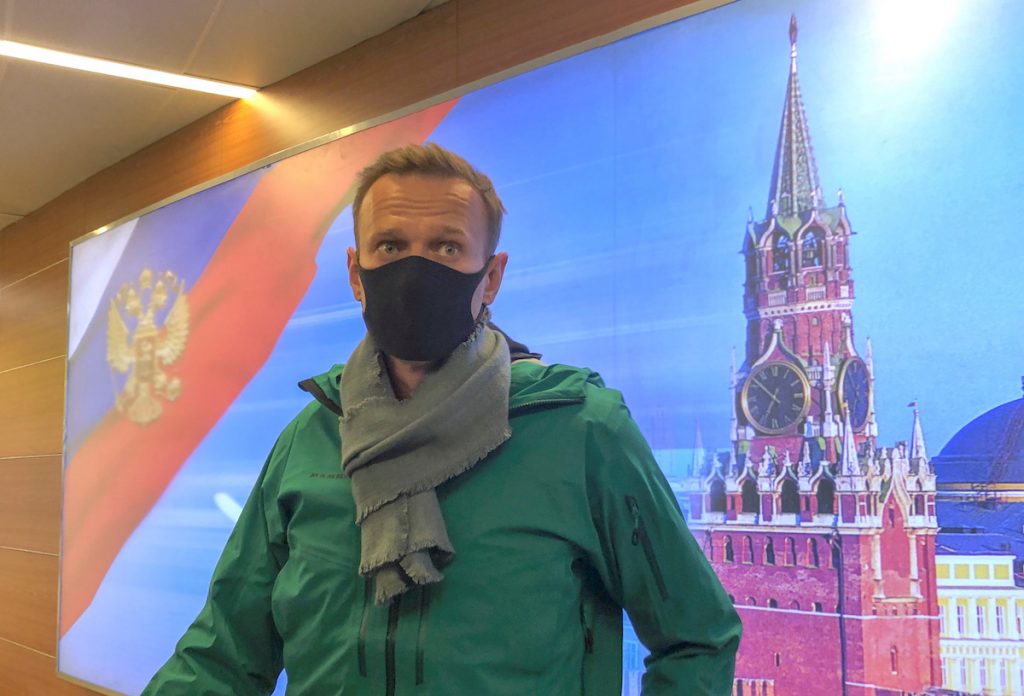
“I wasn’t deliberating whether or not to return. Such a question did not arise at all for a single second … I can say that I am completely happy that I arrived, and this is my best day in the last five months”, said Navalny at Sheremetyevo airport. “I am not afraid. I know that I am right. I know that the criminal cases against me are fabricated.”
After Navalny was detained, the politician’s wife, Yulia Navalnaya, turned to journalists and supporters:
“They are so afraid of Alexei that they paralyzed almost all flights in Moscow tonight. And this is just a person who flew to his homeland. The most important thing is that Alexei said is that he is not afraid, and I am not afraid either, and I urge you not to be afraid.”
International reaction and reaction in the Kremlin
Despite the fact that the Russian opposition leader was arrested on a weekend evening, the event, which was watched live in many countries, caused an immediate reaction abroad.
European Council President Charles Michel called Navalny’s detention “unacceptable” and called for his release. The leader of the European People’s Party, Donald Tusk, made the same appeal.
The detention of Navalny was condemned by the foreign ministers of Lithuania, Latvia and Estonia. Their joint statement says that the European Union should consider the issue of sanctions against Russia if the oppositionist is not released.
The leader of the Belarusian opposition Svetlana Tikhanovskaya also spoke in support of Navalny.
The international human rights organization Amnesty International has recognized Alexei Navalny as a prisoner of conscience.
At the same time, Kremlin press secretary Dmitry Peskov told reporters on the evening of January 17 that he was not aware of what had happened to Navalny. “I apologize. Was he detained in Germany?” asked Peskov.
Navalny is a threat to Putin personally
Why are the Russian authorities acting so radically against Alexei Navalny? What danger does he pose to the power of Vladimir Putin?
Alexei Venediktov, a well-known Russian journalist and editor-in-chief of Ekho Moskvy, claims that after Navalny was poisoned by Novichok, his status in Putin’s eyes has changed fundamentally; he has become his personal enemy and the main threat.
“Before August he was an internal political investigator, the head of the FBK (Anti-Corruption Fund), a foreign agent – it doesn’t matter because he is now Putin’s personal opponent …
… He is now internationally known and he is the official leader of the Russian opposition …
… For the political elite of the world, he is now a figure to be watched, which is one of the alternatives to Putin,” Venediktov said.










